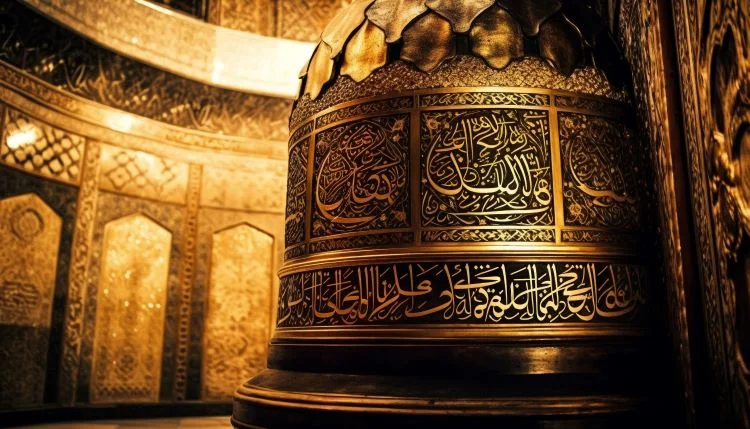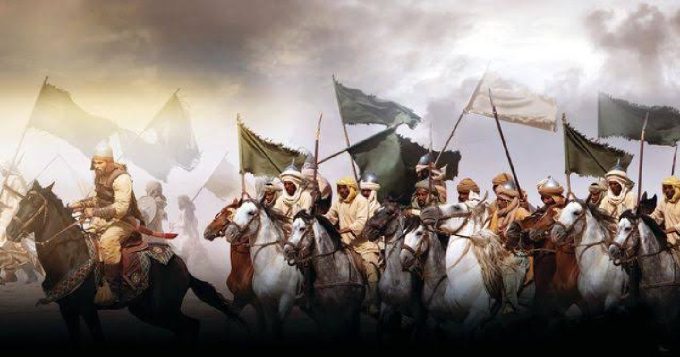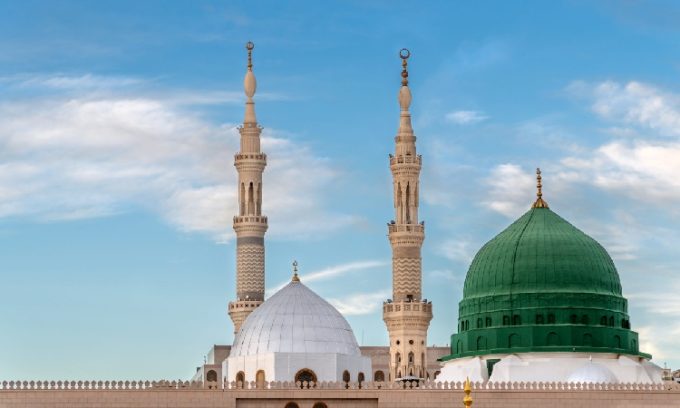Prophet Muhammad (peace be upon him) was not only a religious leader but also a successful merchant. His trading experiences played a crucial role in shaping his character and preparing him for his prophetic mission. Long before he received divine revelation, Muhammad was known for his honesty, integrity, and wisdom in business. These traits earned him the title “Al-Amin” (The Trustworthy) among the people of Mecca.
From a young age, Muhammad was involved in trade, accompanying his uncle, Abu Talib, on business journeys. He learned the art of commerce by observing the trade routes, negotiating with merchants, and understanding the economic conditions of the Arabian Peninsula. His sharp mind and ethical approach made him stand out among traders.
One of the most significant phases of his trading career was his partnership with Khadijah bint Khuwaylid, a wealthy and respected businesswoman. Khadijah entrusted Muhammad with her trade caravans, sending him to Syria to conduct business on her behalf. His honesty and exceptional management skills led to immense profits, and he quickly gained Khadijah’s admiration, eventually leading to their blessed marriage.
While engaged in trade, Muhammad interacted with people from various backgrounds, including Jews, Christians, and followers of other religions. These interactions exposed him to different beliefs and cultures, shaping his understanding of the world. He always conducted business fairly, emphasizing justice, trustworthiness, and kindness, setting an example of ethical trade practices.
His journeys were not just about business; they were also opportunities for dawah (preaching). Even before receiving prophethood, Muhammad was known for his deep spirituality and strong moral character. He subtly spread messages of truth, encouraging people to worship one true God, avoid dishonesty, and uphold justice. His sincerity and actions spoke louder than words.
After receiving the first revelation at the age of 40, Muhammad’s role as a merchant shifted to a divine mission of spreading Islam. However, his business ethics remained a core part of his message. He taught that trade should be conducted with honesty and fairness, and that wealth should be earned through halal (lawful) means. Many of his followers were inspired by his integrity in business and chose to embrace Islam.
Muhammad’s teachings on trade are still relevant today. He emphasized that business should not be driven solely by profit but by a sense of responsibility and fairness. He encouraged ethical dealings, fair wages, and caring for the poor. His example remains a guiding light for Muslim entrepreneurs worldwide.
Despite facing opposition from the Quraysh tribe, who feared his teachings would disrupt their economic and social systems, Muhammad never compromised his principles. He continued spreading the message of Islam, even when it meant facing hardships, boycotts, and persecution. His patience and perseverance eventually led to the widespread acceptance of Islam.
When he migrated to Medina, Muhammad helped establish a fair economic system that promoted trade, discouraged exploitation, and encouraged zakat (charity). His governance ensured a balanced society where business and spirituality complemented each other. This laid the foundation for a thriving Islamic economy.
Prophet Muhammad’s journey as a merchant and preacher serves as an inspiration for all. His honesty, wisdom, and ethical values in business and dawah continue to be a model for Muslims today. By following his teachings, one can achieve success in both worldly and spiritual aspects of life.











Leave a comment